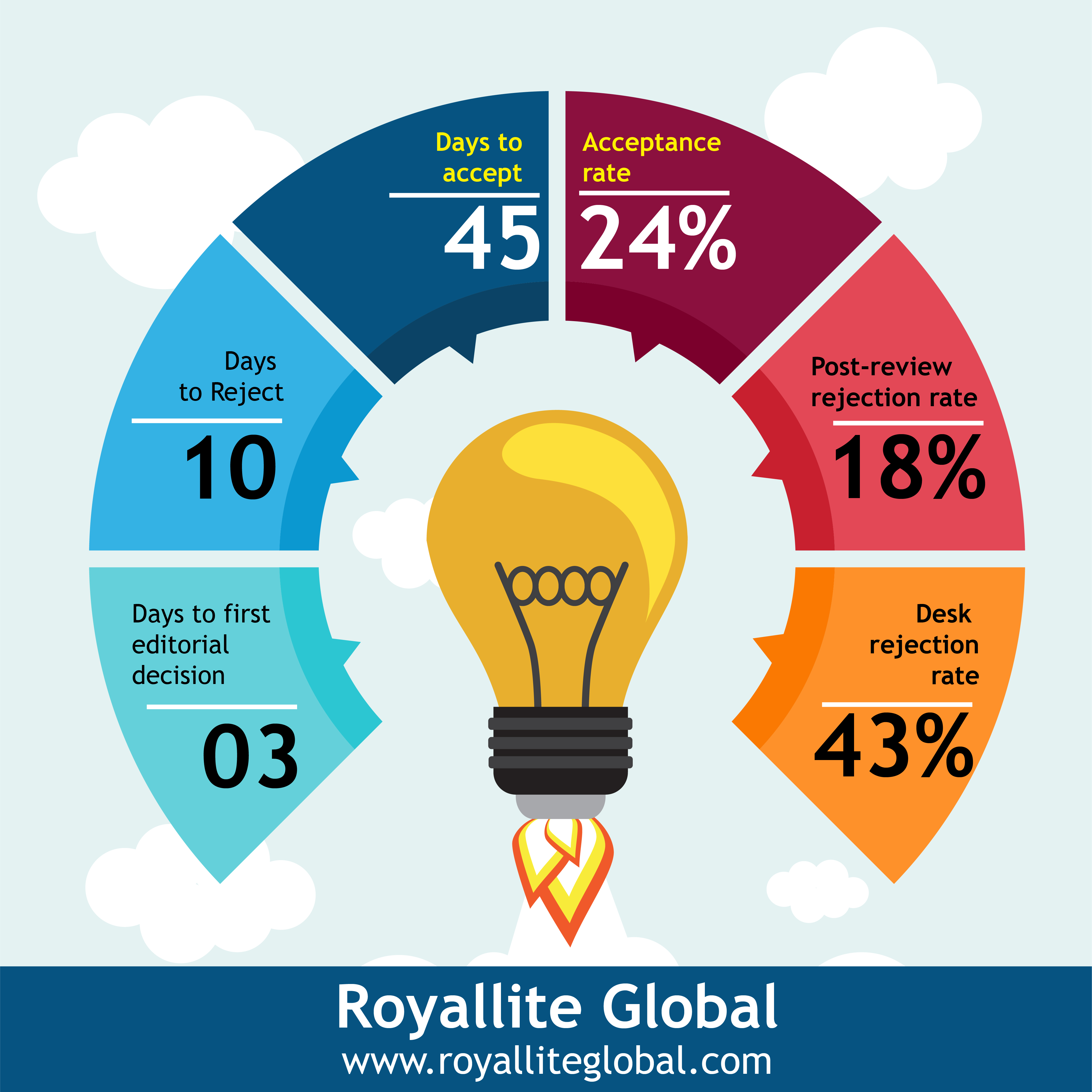Examining the factors that militate against women reporting domestic violence to DOVVSU amongst Talensi and Bolga in Northern Ghana
Keywords:
domestic, gender, violence, women, victimAbstract
Globally, discrimination against women is an international epidemic that impacts many women's lives. In line with the Sustainable Development Goals, which also underscore gender equality and women's empowerment for peace around the world and the duty of every country to check whatever happens to women in their countries accordingly. In Talensi district and Bolga Municipality of northern Ghana, women are vulnerable to violence because of the patriarchal society in the northern part of the country; the resulting male dominance results in extensive violence against women. This study looked at factors which actively opposed domestic violence reported to DOVVSU in the district of Talensi and the municipality of Bolga. Fifty married women were chosen using methodology known as purposive sampling. Semi-structured surveys and in-depth interviews were used to collect the data. Registration and transcription were used to evaluate the data. According to the findings of the study, at least seven out of 10 women in the district surveyed have been exposed to some form of violence. The study showed again that women who have a higher educational degree are more exploited by their wives than women who have lower education levels. That may happen because higher education women are more exposed and refuse to submit to their husbands. The study suggested that there should be DOVVSU units in the area, one would be very beneficial because the rate of abuse against women is troubling and the unit's presence in the district would be a message to men who harass women.
References
Ackah, Mercy. 2012. “The Prevalence and Causes of Domestic Violence in the Yilo Krobo District.” (December).
ActionAid. 2009. “Who ’s Really Fighting Hunger? ActionAid’s Hungerfree Scorecard Investigates Why a Billion People Are Hungry.” October (October).
Chabata, Takunda. 2010. “The Commercialisation of Lobola in Contemporary Zimbabwe:” BUWA! A Journal on African Women’s Experiences.
Gage, Anastasia, and Nicholas Thomas. 2013. “Intimate Partner Violence in Nigeria: Do Community and State Characteristics Matter?” Tulane University.
George, Malcolm J. 1997. “Into the Eye of the Medusa: Beyond Testosterone, Men, and Violence.” The Journal of Men’s Studies 5(4).
Gudžinskienė, Vida, Rita Raudeliūnaitė, and Rokas Uscila. 2017. “Socialinių Darbuotojų Patirtys Rengiant Vaikus Savarankiškam Gyvenimui Bendruomeniniuose Vaikų Globos Namuose.” Pedagogika 125(1).
Guven, Gabriel Conrad. 2018. “The Lived Experiences of Secondary School Parents in Raising Responsible Digital Citizens in a One-to-One Learning Environment.” ProQuest Dissertations and Theses.
Margaret Ivy Amoakohene, 2004.''Violence against women in Ghana: a look at women's perceptions and review of policy and social responses, Social Science & Medicine''. Volume 59, Issue 11, 2004, Pages 2373-2385, ISSN 0277-9536, https://doi.org/10.1016/j.socscimed.2004.04.001.
Martin, S. L., Tsui, A. O., Maitra, K., & Marinshaw, R. (1999). Domestic violence in northern India. American journal of epidemiology, 150(4), 417–426. https://doi.org/10.1093/oxfordjournals.aje.a010021
Moustakas, C. (1994). Phenomenological Research Methods.
Kaur, R., & Garg, S. (2010). Domestic Violence Against Women: A Qualitative Study in a Rural Community. Asia-Pacific Journal of Public Health, 22, 242 - 251.
Downloads
Published
Issue
Section
Categories
License
Copyright (c) 2022 Maxwell Tengolzor Ba, Felicia Dapilee, Samuel Kwabla Segbefia

This work is licensed under a Creative Commons Attribution-NonCommercial-ShareAlike 4.0 International License.
This open-access article is distributed under a Creative Commons Attribution (CC-BY) 4.0 license.
You are free to: Share — copy and redistribute the material in any medium or format. Adapt — remix, transform, and build upon the material for any purpose, even commercially. The licensor cannot revoke these freedoms as long as you follow the license terms. Under the following terms: Attribution — You must give appropriate credit, provide a link to the license, and indicate if changes were made. You may do so in any reasonable manner, but not in any way that suggests the licensor endorses you or your use. No additional restrictions You may not apply legal terms or technological measures that legally restrict others from doing anything the license permits.






